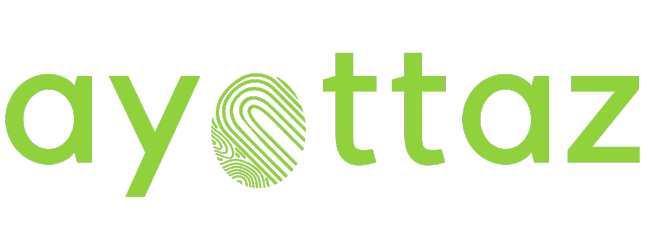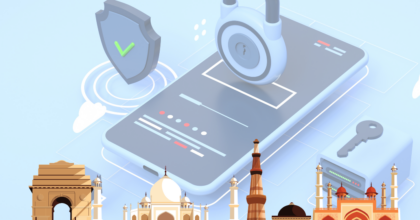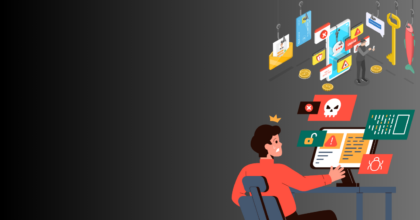Should I use a VPN ?
A majority of people answer in ‘Yes’ when they are asked about using a VPN.
VPNs are not just a tool for accessing geo-restricted streaming content or hiding your personal data from your internet service provider (ISP) but it also increase your overall security, privacy, and freedom online irrespective of the purpose for which you are using the internet.
Using a secure VPN is an easy way to:
- Secure your internet connection from certain kinds of cyber attacks
- Secure your privacy while you browse
- Unblock censored content
Let’s understand the reasons and advantages of using a credible VPN service.
What does a VPN do?
VPN full form is virtual private network. It is a encrypted connection over the Internet from a device to a network. The encrypted connection helps ensure that sensitive data is safely transmitted. It prevents unauthorized people from eavesdropping on the traffic and allows the user to conduct work remotely.
Do I need a VPN?
VPN is a key tool for enabling your privacy and making your usage secure. Using a VPN to encrypt your internet traffic is the most impactful way to protect your browsing activity from prying eyes.
Whether you are an activist, journalist, a professional or a business house everyone benefits from VPN protection.
Why you should use a VPN:
Stop ISPs and governments spying on you.
When you use a VPN, your internet traffic is routed through an encrypted tunnel to a VPN server that sits between your device and the rest of the internet. That prevents your ISP — or in some cases, your government — from seeing which websites you visit.
Browse anonymously online
It’s not just your ISP who can gather information about your browsing activity. When you visit a website without a VPN, the website can see your IP address and your location. A VPN can prevent websites from tracking you across the internet because it masks your IP address and replaces it with the IP address of the VPN server you’re using.
There are, however, other ways for websites to track users, which is why it’s also important to use a privacy-focused browser.
Access censored content
Using a VPN is your best protection against your ISP or government tampering with your ability to use the internet in an unrestricted way.
When to use a VPN
Although you can use a VPN every time you connect to the internet for maximum protection, there are times when using a VPN is crucial. These are times when your data is more at risk, or when you cannot otherwise access censored or restricted content.
Browse securely on public WiFi
The most important time to use a VPN is whenever you are connected to a public WiFi hotspot as it has some vulnerabilities that can be exploited by hackers, making it risky to connect to public WiFi without a VPN.
Using public WiFi without a VPN can also mean that the hotspot provider is able to sell your browsing metadata to advertising and analytics companies (this metadata includes the domains you have visited, when you visited them, and for how long).
If a website doesn’t use HTTPS, WiFi hackers and “evil twin” hotspots can also monitor everything you do on that website. HTTPS secures the connection between your browser and a website, so the widespread adoption of HTTPS over the last several years means that using public WiFi hotspots is not as dangerous as it once was.
Access blocked video streaming and other content
One of the most popular reasons for using a VPN is to access video streaming services or other content which is unavailable in some locations. By using a VPN server in a different country, you can browse the internet as though you were in that country and access content that would otherwise be restricted.
Unblock censored content
If you live in or travel to a country with restricted or censored internet, a VPN can help you access blocked websites. Using a VPN can also help you bypass censorship on a more local level, such as blocked websites on your employer’s or university’s network.
When you use a VPN, your traffic is encrypted so your internet provider cannot see the domains you are accessing. The people running your network cannot block what they can’t see, making a VPN crucial in accessing restricted content.
Which VPN to use ?
Using a VPN will never make you totally anonymous because the VPN provider will always know your IP address (at a minimum), and will always be able to view and store your internet activity if it wants to.
Many providers claim they do not store logs of your history, but this is only a promise; it’s technically impossible to create a completely private VPN service.In fact, some VPN services are actually malicious, or have lied to their users about their no-logs policy.
An alarming number of VPN services actually do more harm than good, according to an independent study. Thirty-eight percent of the apps they reviewed contain malware or malvertising, and 18% don’t even encrypt users’ data.
That’s why VPN trust is essential. If you need VPN for your personal use, you can find VPN free online.
Find the best VPN solutions here or connect with us.
Source:



